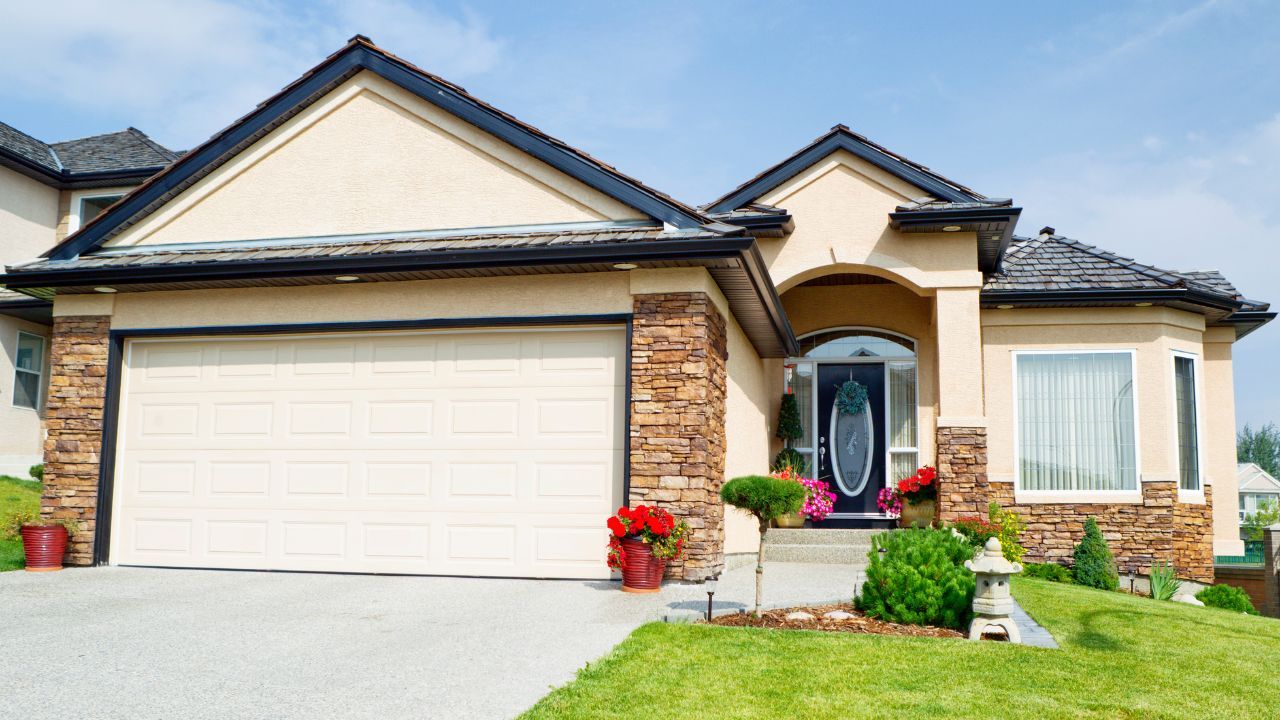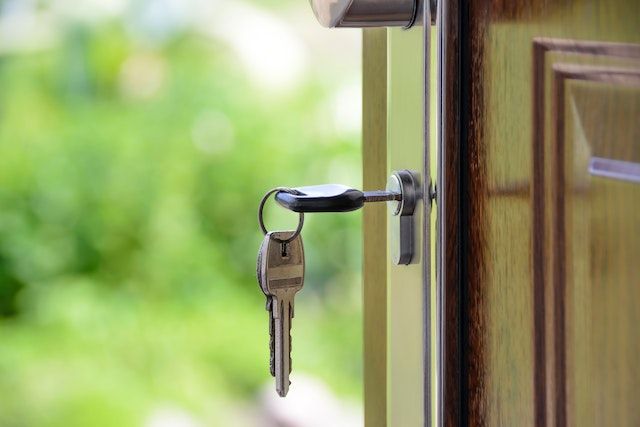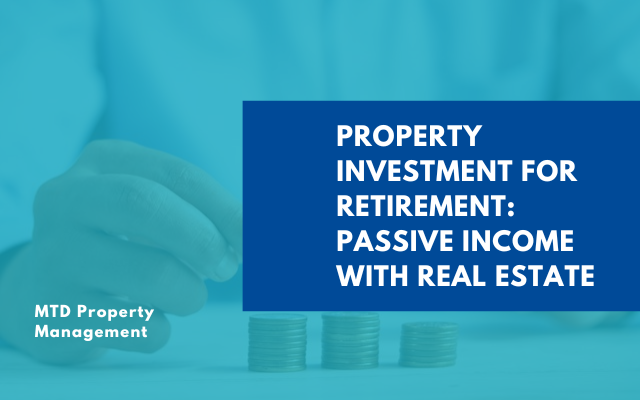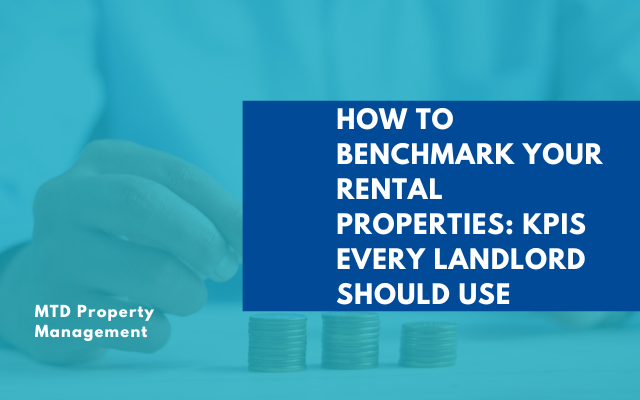Owning a rental property can be lucrative. If you do everything right, you’ll have set yourself up to earn a passive income for many years to come. That said, just like any other investment, rental properties have their fair share of risks.
And a good example of a risk is having a vacant rental property. As a landlord, your goal should be to ensure that your property remains occupied for as long as possible. But no matter how good of a landlord are, vacancies are inevitable.
Now, there are a couple of things that you should be wary of when your property sits vacant, especially over a relatively long period. Your property could be at risk of theft, vandalism, fires, and more. Keep reading for a detailed overview of the possible risks your rental property could be exposed to.
Your Property Could Become an Easy Target for Crime
Vacant properties are attractive to thieves and vandals. Thieves can break in and loot items such as electronics, furniture, appliances, and air conditioning units. Other expensive things they may take with them include antique pieces, aluminum pipes, and copper wires.
A vacant property is also a magnet for vandals. According to data from the FBI, there were nearly
seven million property crime offenses in the U.S. in 2019. Vandals look for cheap thrills like scrawling their names on walls, spray painting walls, and drawing graffiti.

Luckily, there are a few things you can do to keep thieves and vandals away from your rental property. You can install an alarm system to deter would-be invaders. You could also request a neighbor to keep a keen eye on your property while you work to find a new tenant. Another preventative measure would be to hire a property manager to help you rent out your vacant property fast.
Your Vacant Property Might Invite Squatters
Vacant properties are a haven for squatters. Squatters are especially attracted to livable properties that have working electrical, plumbing, and air conditioning systems, among other things.
Removing squatters can become incredibly frustrating because they may have certain rights. Even without the obvious right to live there, it may be illegal for you to force them out. Even the police may not be able to intervene as squatting is civil and not criminal in nature.
To remove them, you’d require to go through your state’s eviction process which could take several months. Hopefully, there are a few things you can do to keep squatters away. Consider installing a home security system. Give the impression that your home is occupied by having someone take care of the landscape, for instance. Regularly visit the home to inspect its condition. Enlist the help of a property management company to find long-term tenants.

Your Rental Property Could Be a Fire Risk
Leaving a property vacant could also expose it to potential arsonists. Sometimes it can be accidental. Other times, it can be purposeful. Regardless, arsonists can cause serious damage to a home. According to Statista, in 2020 the average cost of damage caused to single-family homes in arson-related incidents was $30,773.
The following are some things you could do to protect your property from potential arsonists. Keep doors and windows locked. Install smoke alarms and a fire sprinkler system. Illuminate the exterior and entrances. Establish a Community Arson Watch Program.
There Is a Risk of Water Damage
Without anyone to report issues, leakage from pipes can go on unaddressed for weeks. And by the time you learn about the issue, the damage could be serious and potentially costly. The restoration process could also take weeks depending on the nature and extent of the damage.
After a tenant leaves, there are a few things you can do to prevent water damage as you wait to get a replacement tenant. Drain the system. Shut off the water on the street. Pour environmentally safe, biodegradable antifreeze into each of the drains. Inspect your roof, inside and out. Keep gutters clear of debris. Make sure that your sump pump is working. Proactively check for leaks.

Insurance Is More Expensive
As outlined above, a vacant home is at risk of getting damaged. There is a risk of theft and vandalism, fire, and water damage. This is a lot of potential damage for a standard landlord insurance policy to cover.
It’s no wonder vacant home insurance is more expensive than what you’d pay for a regular landlord insurance policy. According to Value Penguin, you can expect to pay around
50% more for vacant home insurance than you would for a regular landlord insurance policy. So, if the national average of a landlord insurance policy is $1,200, then expect to pay an extra $600 to insure your vacant property.
Operating a Vacant Property Can Be Expensive
Operating a vacant rental property can be expensive, especially in the long run. It won’t be the recurring income that you will be losing alone. You’ll also have to look for funds elsewhere to pay for property taxes and the mortgage loan (if you have one).
How to Reduce the Risk of a Rental Property Being Vacant
The following are a few things you could do to keep your vacancy rates low.
- Market your vacant property consistently. Use a combination of avenues to spread the word.
- Make necessary upgrades to your rental property to help make it attractive.
- Rent to the right tenants that will care for your property and renew their lease multiple times.
- Determine the right rental price to keep your property attractive in the eyes of prospective tenants.
- Incentivize existing tenants to renew their lease for another term.
- Hire a property management company to help you find a reliable tenant quickly.

Bottom Line
Ultimately, the best way to keep your property occupied is to hire an expert who understands what needs to be done. A good property management company can help you keep your property occupied and help you achieve an optimal return on investment (ROI).
MTD Property Management is a tried-and-tested property management company. We can help manage all aspects of your Chicago rental property. Get in touch to learn more!









